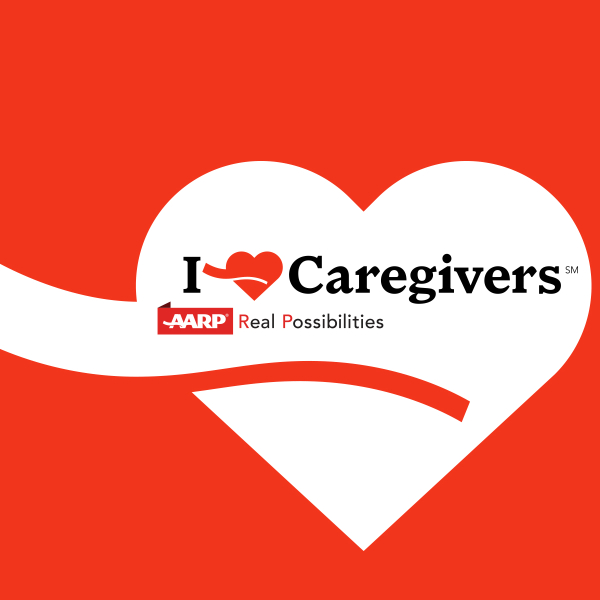AARP Hearing Center
WHO? by Dick Weinman, The Thin Edge of Dignity

I stand with my back toward her, my pants tugging my ankles. I bend over, and grasp the silver-grey, cold metal handicap bar. She wields the toilet paper, extends her arm, and wipes.
That’s her job. It’s part of what I pay $4900+ for each month. So why do I gripe?
It’s because I wish she and some other caregivers would put more feeling into the job. I don’t mean they should lovingly caress my behind while they wipe – that probably wouldn’t get anything clean, anyway. But a caregiver could respond to my call for help with sincerity, and mean it when she says, “How may I help you?” (That’s the stock reply when a caregiver enters a room to give assistance, spoken in varying degrees of sincerity.)
I want the caregiver to approach me as a person, not as my room number, 108 - which she had seen flash on the screen of her assigned iPod when I called for help. I’d be grateful if she related to me with “dignity and compassion” - the words that Assisted Living Facilities (ALFs) use to market themselves. I would appreciate an expression of some understanding of what I can’t do for myself and need her to do for me.
I quietly fume at caregivers who do their work perfunctorily, disinterestedly, nonchalantly – caregivers who don’t care, or, as one of those who do care said of one of her colleagues, “she doesn’t give a rat’s butt.”
But, I’m fortunate that many of the caregivers employed by my ALF have their hearts in their work. They care.
*****
What is a Caregiver? It’s a name. It’s a category of employee, identifying one who helps elders needing assistance. In the many kinds of Long Term Care institutions that house society’s elders, the caregiver is indispensable. She’s the “ground soldier” in the battle to keep people’s lives livable.
Her assistance covers a wide range of degrees of intimacy between herself and a resident. The most intimate is touching, such as occurs during toileting and showering. Even less is applying lotion to my arms and legs following a shower. Slightly less intimate is dressing and undressing. The range of activities extends from cutting nails, shaving, brushing hair, inserting hearing aids, and q-tipping ears.
Then there are the needs caused by violent bodily eruptions: cleaning up after accidental vomiting or incontinent explosive diarrhea.
That might make it hard for a caregiver to answer a friend who asks, “what did you do today at work?”
There are other less personal types of care - less dealing with bodily fluids, functions, and cavities . I need a Caregiver for ordinary things: to open my mail, to insert a letter into an envelope, to write the address, and lick the seal.
I’ve given you a glimpse of what’s done for me and other elders who can’t do for themselves.
Who can do it? Who should do it?
In many parts of the country, care givers are middle age women-of-color, whose job supports a family. It’s a low paying job: think minimum wage.
Some of my caregivers are middle age women, single mothers, who depend on the pittance caregivers receive to support their families, pay their bills, live their lives – pay for soccer team for their kids, swimming lessons, volleyball camp, and all that makes family life in today’s , middle class society. These caregivers know how to care and they do.
Usually, they have a second job.
In my facility, located in a college town, many caregivers are twenty-something white college students. Some would-be caregivers need a part time job to offset the high cost of college. That’s why they need work that fits easily into a school term’s course schedule. Students who plan to apply to nursing school need health care experience; some students try to show a multi-dimensional persona on any job application; some need community service for course credit; some sororities require members to volunteer.
Hopefully, some applicants actually want to help others.
Who decides who is to be a caregiver?
In the modest size ALF in which I live, the Human Resource decision is made by two people. First is the Director of Health Management, a nurse. But, the ultimate judge of the motivation and character of the applicant is the ALF Administrator. S/he decides. I think this process creates the problem.
Other caregivers aren’t consulted. They should be. If the applicant is hired, she will be a colleague of the current caregivers, maybe even share a shift. Morale and team work must be forged between caregivers if they’re adequately to give care to a resident.
Those of us who are here to have the remaining years of our lives made tolerable and comfortable – livable - aren’t consulted either. Shouldn’t a resident be part of the screening process? Or a resident’s family member who placed the mother or father in the facility, and most likely pays for the service.
In industry, employee groups have input in management hiring. In universities, students are represented on search committees. Why not a selective few of us, who may have an ass wiped by the future caregiver?
###
Dick Weinman lives in an assisted living facility in Corvallis.































































